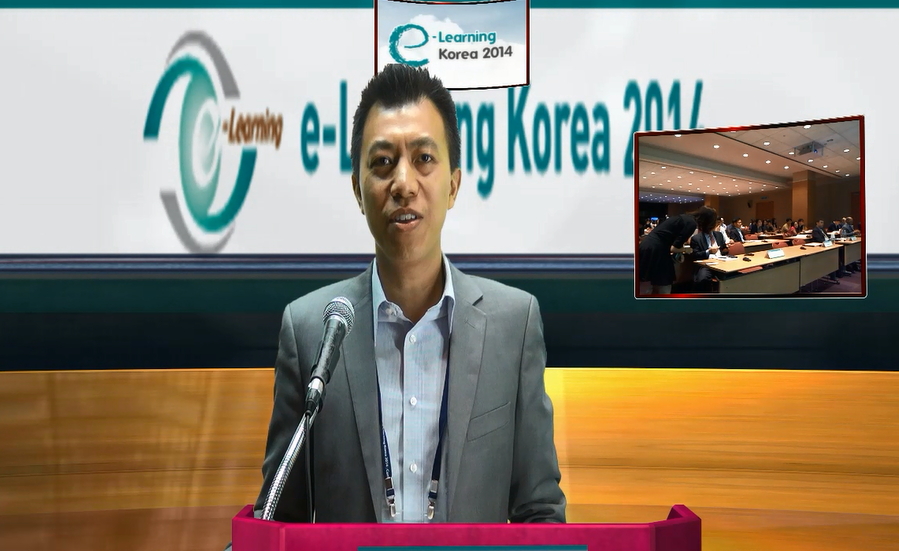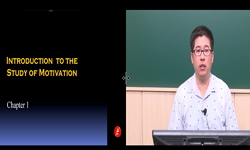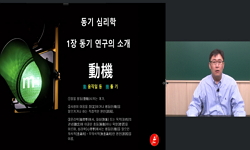The professional communities of Science, Technology, Engineering, and Mathematics education in the United States are united in their support for Science, Technology, Engineering, and Mathematics (STEM) education. The purpose of this paper is threefold...
http://chineseinput.net/에서 pinyin(병음)방식으로 중국어를 변환할 수 있습니다.
변환된 중국어를 복사하여 사용하시면 됩니다.
- 中文 을 입력하시려면 zhongwen을 입력하시고 space를누르시면됩니다.
- 北京 을 입력하시려면 beijing을 입력하시고 space를 누르시면 됩니다.

과학, 기술, 공학, 그리고 수학(STEM) 교육에서 동기유발: 메타 분석적 접근 = Motivation Issues in the Science, Technology, Engineering and Mathematics (STEM) Education: A Meta-Analytic Approach
한글로보기https://www.riss.kr/link?id=A82671138
- 저자
- 발행기관
- 학술지명
- 권호사항
-
발행연도
2008
-
작성언어
-
-
주제어
STEM 교육 ; 동기 ; 과학교육 ; 기술교육 ; 통합교육 ; STEM education ; motivation ; science education ; technology education ; integrated education
-
KDC
300
-
등재정보
KCI등재
-
자료형태
학술저널
-
수록면
125-148(24쪽)
- 제공처
-
0
상세조회 -
0
다운로드
부가정보
다국어 초록 (Multilingual Abstract)
The professional communities of Science, Technology, Engineering, and Mathematics education in the United States are united in their support for Science, Technology, Engineering, and Mathematics (STEM) education. The purpose of this paper is threefold: (1) to identify the status of motivational issues in the research work of STEM education; (2) to summarize the selected studies; and (3) to synthesize them according to motivational categories such as self-determination (competence, autonomy, and relatedness) and interest. This study is a meta-analytic review conducted according to the three stages of preparation, data selection, and analysis. The data are from research works of the ERIC database. The findings of the review of thirty three works indicates that STEM education value the students` motivational development such as interest, attitude, achievement, and enrollment. This study offers two conclusions focused on motivational issues in the STEM education. First, the integrated instruction among STEM disciplines is a way to improve students` self- determination. Second, implementing STEM education enhances teachers` motivation. Teachers must have both the knowledge and confidence to integrate STEM discipline using the abilities of coordinating, redesigning instructional materials, and communicating concepts. Therefore, professional development for integrated instruction must be developed and conducted to build up teachers` motivation. Also, this study suggests the development of the integrative instruction suitable to students` ability and encouragement of the collaborative learning.
동일학술지(권/호) 다른 논문
-
- 경북대학교 중등교육연구소
- 주기정 ( Ki Jung Joo )
- 2008
- KCI등재
-
- 경북대학교 중등교육연구소
- 지봉환 ( Ji Bong Hwan )
- 2008
- KCI등재
-
- 경북대학교 중등교육연구소
- 조영남 ( Young Nam Cho )
- 2008
- KCI등재
-
- 경북대학교 중등교육연구소
- 정재승 ( Jae Seong Jung )
- 2008
- KCI등재




 KISS
KISS






